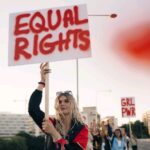Sudan — A Nation on the Brink
In the heart of East Africa, Sudan is descending into a crisis that few outside its borders fully comprehend. What began in April 2023 as a power struggle between the Sudanese Armed Forces (SAF) and the Rapid Support Forces (RSF) has transformed into one of the world’s worst humanitarian catastrophes. Today, millions of lives are at stake, and the silence from the global community is as deafening as the bombs that still fall over Darfur, Khartoum, and Jazira.
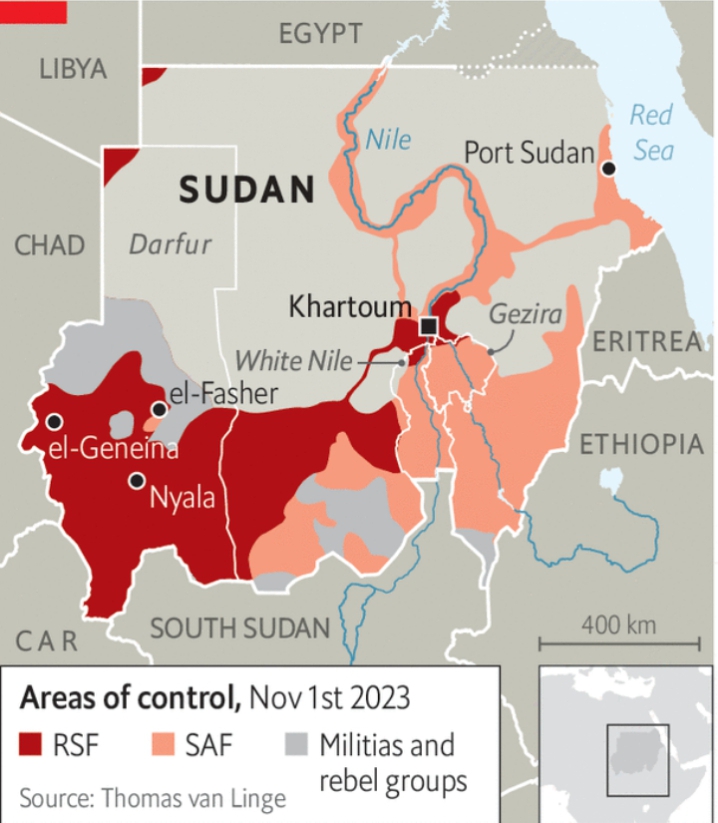
Over 12 million people have been displaced, entire cities reduced to rubble, and starvation now stalks the country like a second war. In this grim reality, rare firsthand accounts from journalists and humanitarian workers have emerged — shedding light on what so many have ignored: a nation under siege from within.
The Weaponization of Hunger
Sudan is on the verge of famine. The World Health Organization warns that over 18 million people face acute food insecurity, including a staggering 14 million children. In central Sudan’s fertile Jazira state — once the breadbasket of the nation — RSF fighters have seized farmlands, forced farmers into labor, and withheld harvests from civilians. According to reports, humanitarian aid is looted, markets are torched, and relief workers are targeted. This is not just a war of bullets — it is a war of bread.
In Darfur, a region long associated with ethnic violence, the RSF and allied militias have intensified their grip. In camps like Zamzam, home to nearly one million displaced people, food supplies have vanished and shelters reduced to ashes. Survivors speak of children dying from malnutrition and mothers begging for grain.
The deliberate destruction of agricultural production, markets, and healthcare systems suggests a coordinated strategy of starvation — a war crime under international law.
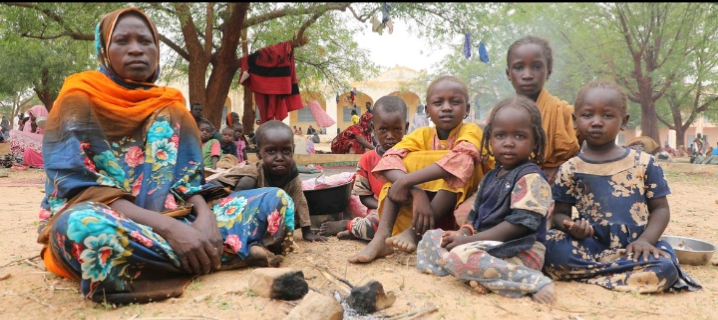
Through the Lens of Courage
Documenting these horrors is no small feat. International journalists face kidnappings, detentions, and even death. CNN’s Clarissa Ward and her crew were detained by RSF fighters in Darfur, accused of espionage, and interrogated at gunpoint. Their harrowing account underscores the immense risk faced by those daring to shine light on Sudan’s darkest hours.
Sudanese photojournalist Mohamed Nureldin Abdallah is among the few capturing the conflict from the inside. His photographs — haunting images of starving children, burning villages, and mass graves — have become some of the most crucial evidence of the crisis. Abdallah’s courage echoes the resilience of the Sudanese people, even in the face of unthinkable suffering
War Crimes and Ethnic Cleansing
Evidence is mounting that this conflict has evolved into an ethnic war. Human rights observers report widespread sexual violence, with women and girls as young as 12 targeted by RSF fighters. Ethnic massacres, especially against non-Arab communities in Darfur, are increasingly documented.
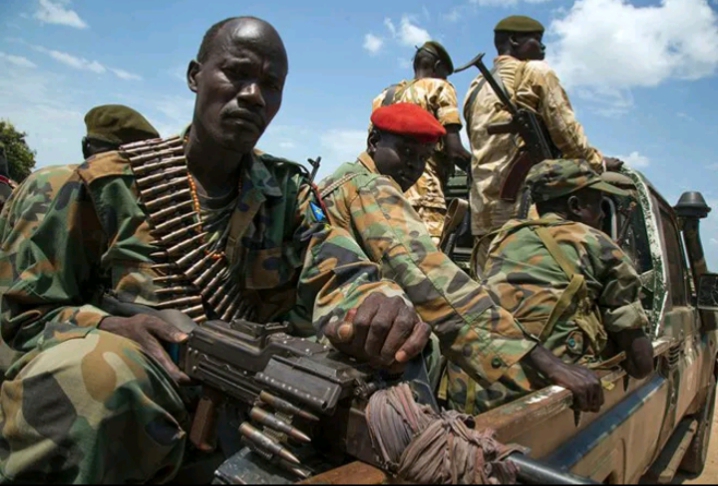
The United Nations has raised concerns that war crimes and crimes against humanity are occurring, though international access remains limited. Survivors, aid workers, and journalists paint a bleak picture: rape used as a weapon of war, executions carried out in front of families, and communities wiped out simply for their ethnicity.
A Forgotten War, A Dying Nation
Despite the magnitude of the crisis, Sudan remains largely absent from the global agenda. As of this writing, only 5% of the UN’s 2024 humanitarian response plan for Sudan has been funded. Aid agencies are overstretched, and major governments have failed to exert meaningful pressure on the warring factions.
With famine looming and hostilities deepening, the stakes could not be higher. If the world continues to look away, millions more could die — not just from bullets, but from neglect.
Conclusion: Time to Wake the World
The war in Sudan is not just a regional issue. It is a humanitarian disaster, a geopolitical failure, and a moral test for the international community. The images captured by brave journalists are not just documentation — they are a call to action.
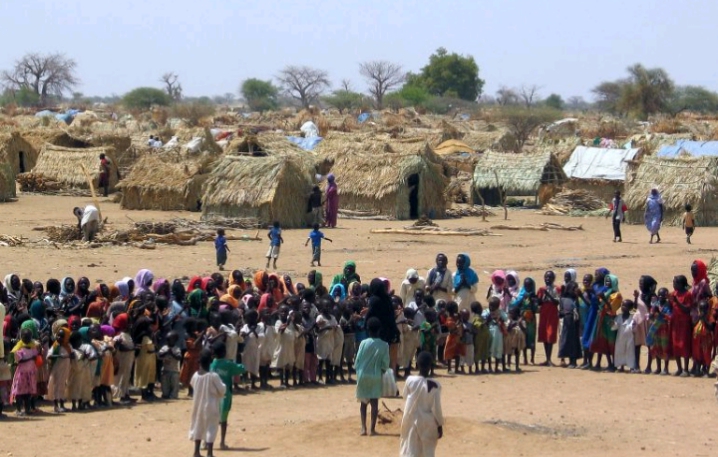
FactSphere calls on world leaders, human rights organizations, and ordinary citizens to speak up, demand intervention, and support humanitarian relief efforts. Sudan’s people deserve more than silence. They deserve hope, justice, and peace.

